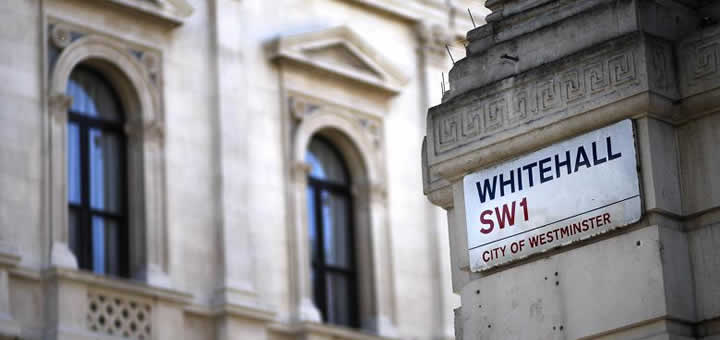Open Government Partnership (OGP), which comes with a strong civil society commitment and contribution. The UK has been a strong leader in the OGP process globally so it matters that we continue this strong commitment. And it matters that the ways in which we do this become increasingly open and collaborative: open government isn’t just about the data, it’s about setting the priorities, developing the policy and scrutinising the results as well. It’s fairly easy to be a sceptical about the OGP, to see it as a talking shop and duplicating things that could be happening in other transnational bodies, like the UN. Sometimes the NAP process does feel like an inter-governmental game of Super Mario: governments chasing around the track collecting gold coins, ticking off low-hanging successes from their NAP. And avoiding the traps and real, significant concessions that might actually enhance democratic accountability and build trust. But this would be (a bit) unfair. The NAP process, particularly from leading countries like the UK, has to be seen as much as an educational tool and a lever for cultural change as it does a to do list for openness. That’s because open government and transparency have to become not simply the default position but be tattooed into the very fabric of government. As management guru Peter Drucker put it, “culture eats strategy for breakfast”. It also matters because OGP is supposed to be a partnership. Not just a partnership of governments but, within countries, a partnership between government and civil society. In many cases, it’s difficult to see how what is happening equates to a genuine partnership of any kind, but this is an area that the UK has made significant progress in. The early days of OGP in the UK were really a government-only affair. The 2013-2015 NAP at least had a consultation phase and was a bit more collaborative. In contrast, the third NAP is intended to be a fully collaborative effort right from the start. The UK Open Government Network (disclaimer: I’m a member of the steering group) has led this process from the civil society side. And recently it published its Open Government Manifesto. These are the things that civil society wants to see in the UK’s third NAP. Submitted, rated and developed by civil society through a series of events, online crowd-sourced processes and a lot of hard work, the Manifesto contains 28 action items under 10 themes. This Manifesto is critically important to open government in the UK, far beyond OGP. And it puts civil society’s voice at the heart of the process. A number of civil society actors have worked hard to make this happen. But this is as much to do with the attitude and culture of those in government too, and it’s important to acknowledge that OGP is a shared process where leadership has come from both sides. The next stage is to negotiate between the various parts of government (UK and devolved nations) and civil society but the Manifesto gives us a strong platform and a mandate to negotiate for the inclusion of the commitments that civil society has developed and feels are important. This is a significant step forward for collaborative government in the UK, it will be interesting to see how it develops.]]>

One thought on “UK's Open Government Manifesto is built on collaboration”
Comments are closed.